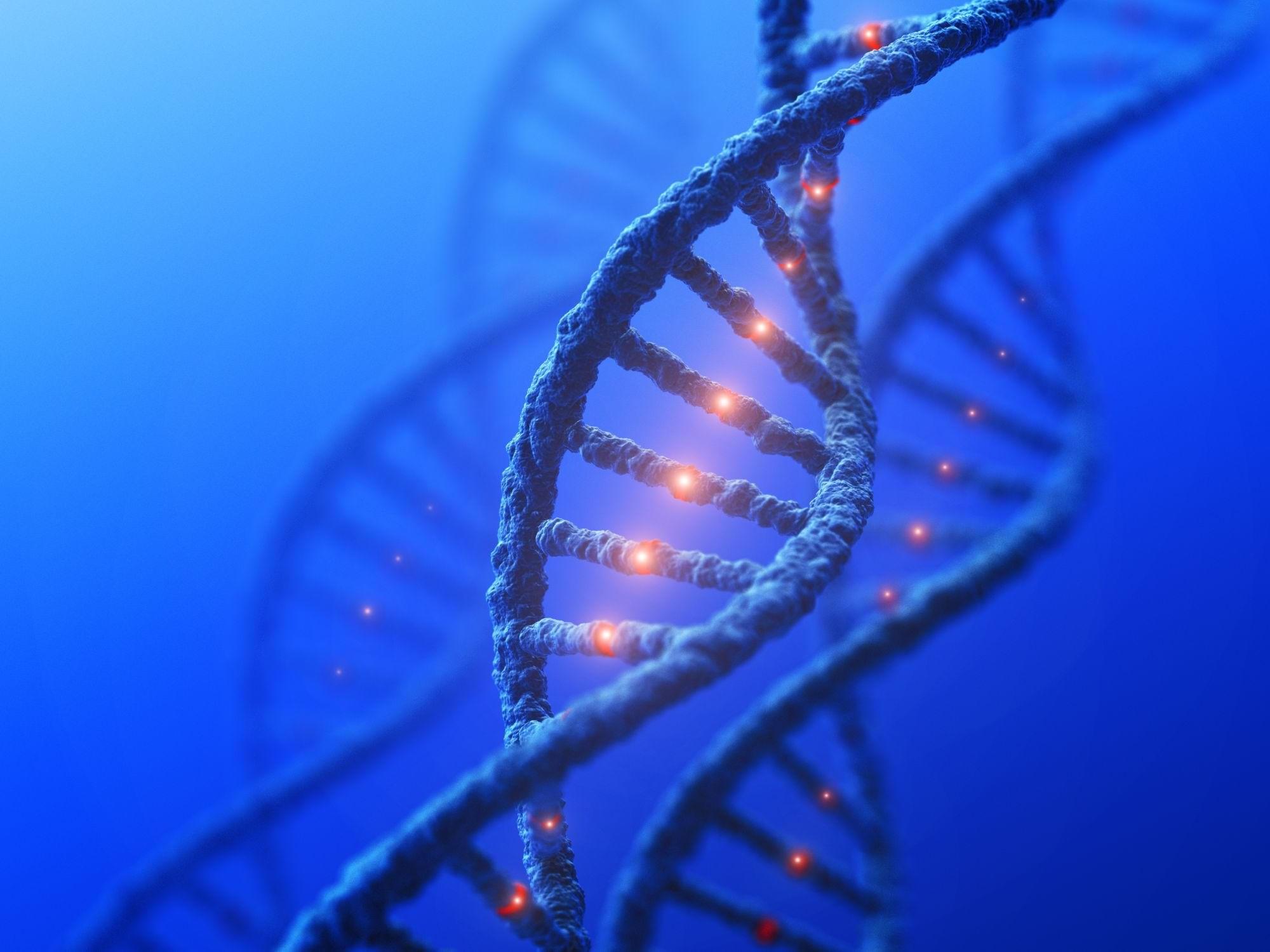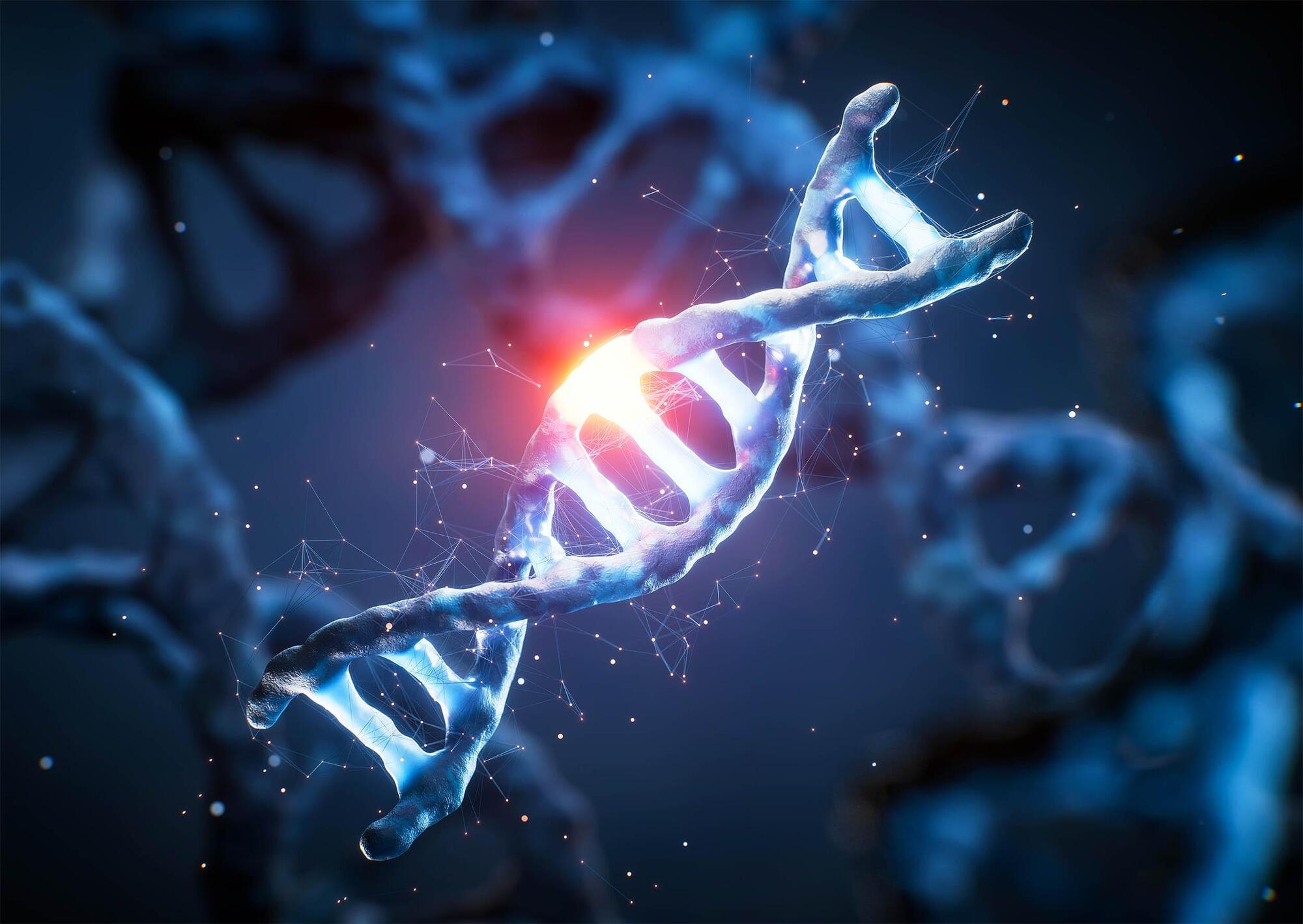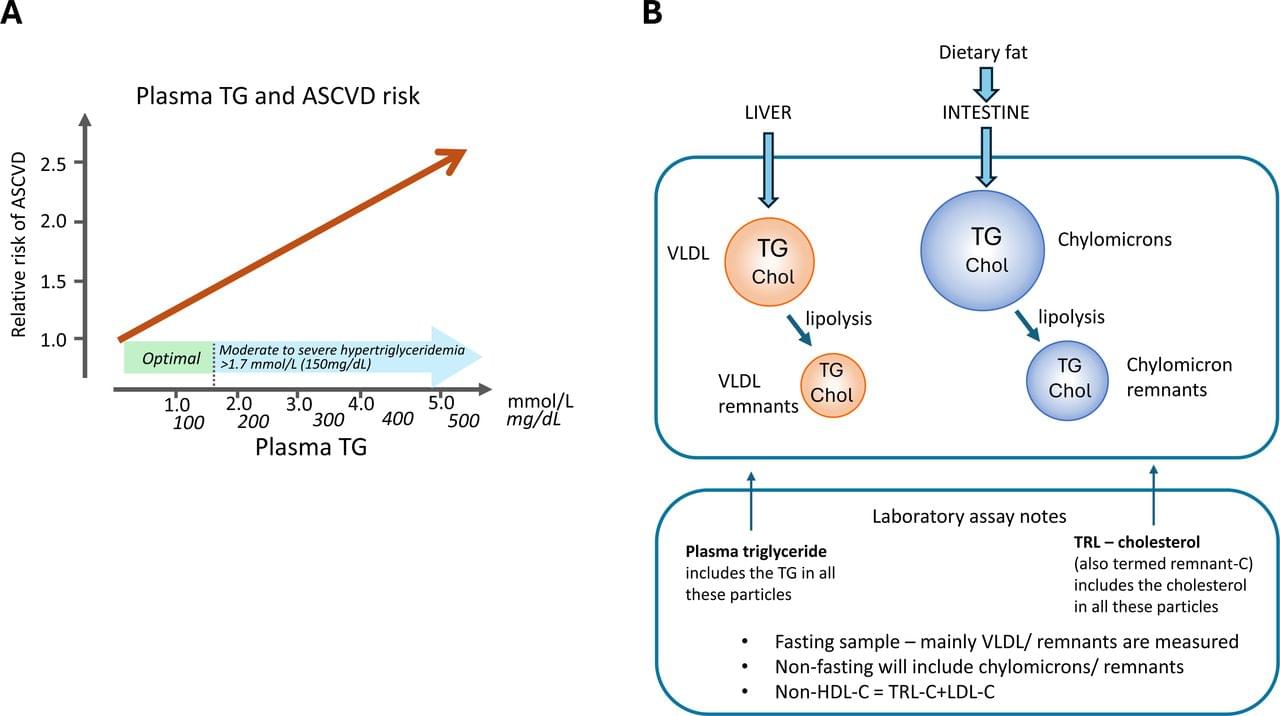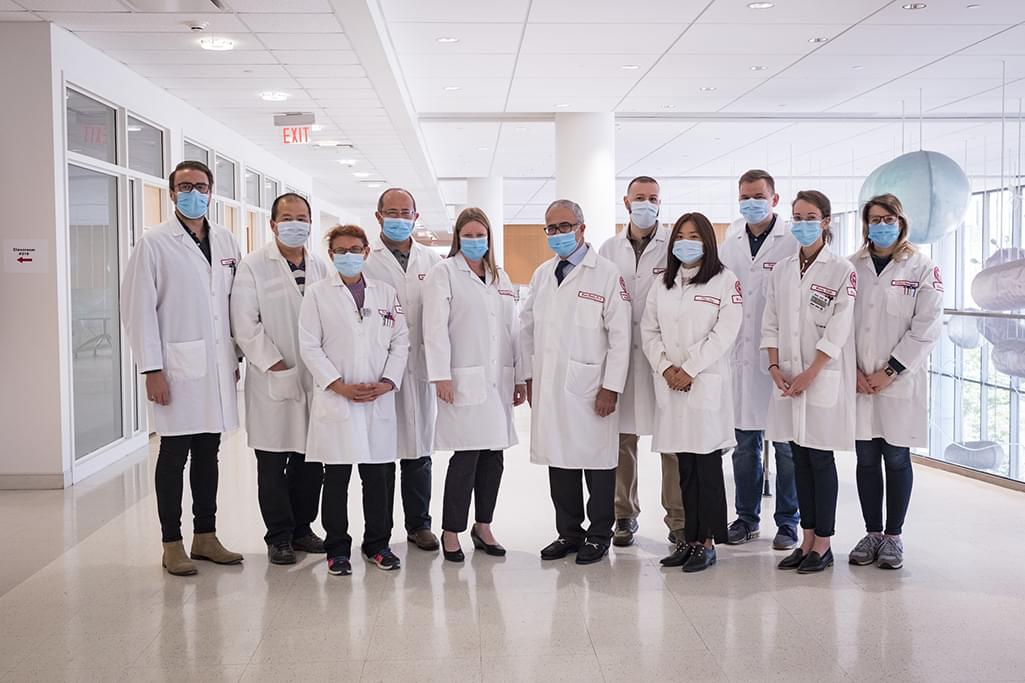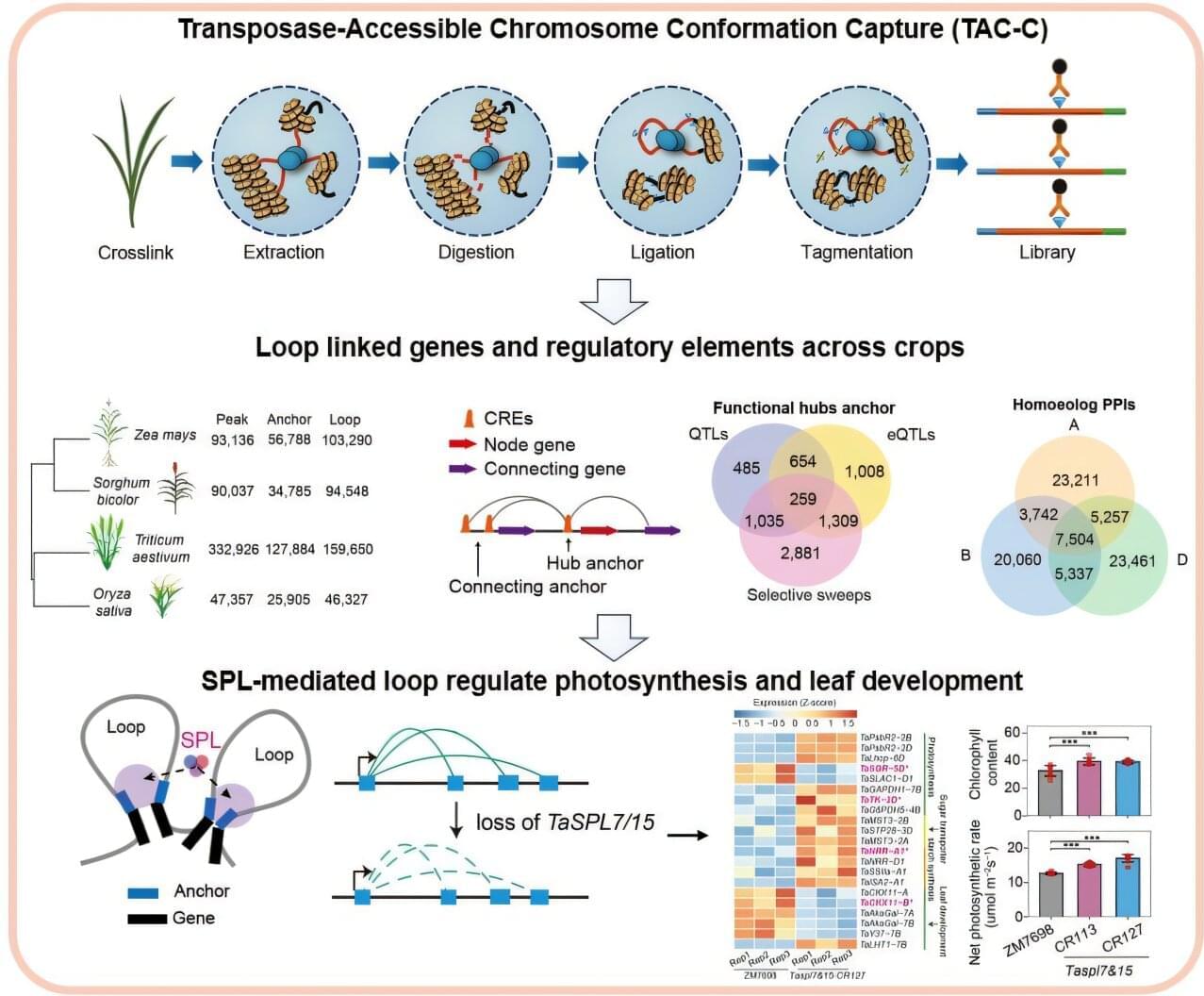In a diseased condition, most of the time, target proteins attain toxicity following their transition from a α-helix to a β-sheet form [18]. Although numerous functional native proteins possess β-sheet conformations within them, the transition from an α-helix to a β-sheet is characteristic of amyloid deposits [19], and often associated with the change of a physiological function to a pathological one. Such abnormal conformational transition exposes hydrophobic amino acid residues and promotes protein aggregation [18, 20]. The toxic proteins often interact with other native proteins and may catalyze their transition into a toxic sate, and hence they are called infective conformations [18]. The newly formed toxic proteins can repeat this cycle to intiate a self-sustaining loop; thereby amplifying the toxicity to generate a catastrophic effect, beyond homeostatic reparative mechanisms, to eventually impair cellular function or induce cellular demise [21].
Proteins function properly when their constituent amino acids fold correctly [22]. On the other hand, misfolded proteins assemble into insoluble aggregates with other proteins and can be toxic for the cells [18, 20]. Ataxin-1 is highly prone to misfolding due to inherited gene defects that cause neurodegenerative diseases (NDDs), which is mainly due the repetition of glutamine within its amino acid chain; the toxicity of this protein being directly proportional to the number of glutamines [23]. There are 21 proteins that mainly interact with ataxin-1 and influence its folding or misfolding, 12 of which increase the toxicity of ataxin-1 for nerve cells, while 9 of the identified proteins reduce its toxicity [23]. Ataxin-1 resembles a double twisted spiral or helix and has a special structure, termed a “coiled coil domain”, that promotes aggregation. Proteins which possess “coiled coil domain” and interact with ataxin-1 have been reported to enhance promotion of ataxin-1 aggregation and toxic effects [24].
The gradual accumulation of misfolded proteins in the absence of their appropriate clearance can cause amyloid disease, the most prevalent one being AD. Parkinson’s disease and Huntington’s disease have similar amyloid origins [25]. These diseases can be sporadic or familial and their incidence increases dramatically with age. The mechanistic explanation for this correlation is that as we age (and are subjected to increasing numbers of mutations and/or oxidative stress causing changes to protein structure, etc.), the delicate balance of the synthesis, folding, and degradation of proteins is disturbed, ensuing in the production, accumulation and aggregation of misfolded proteins [26].
